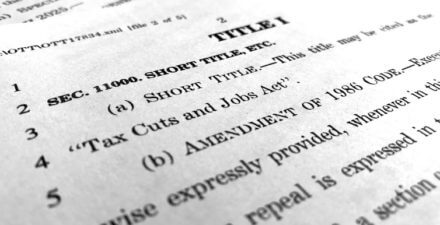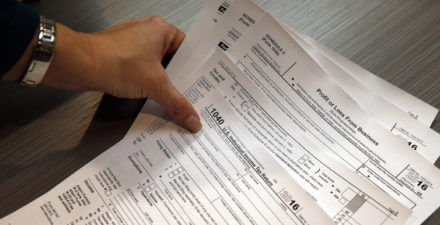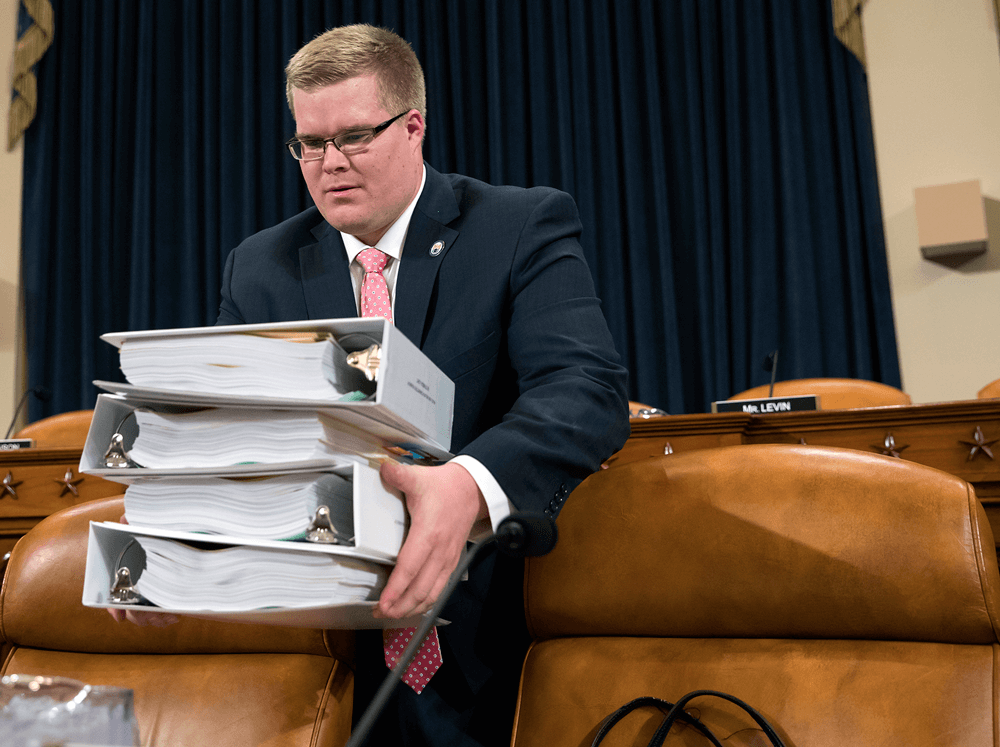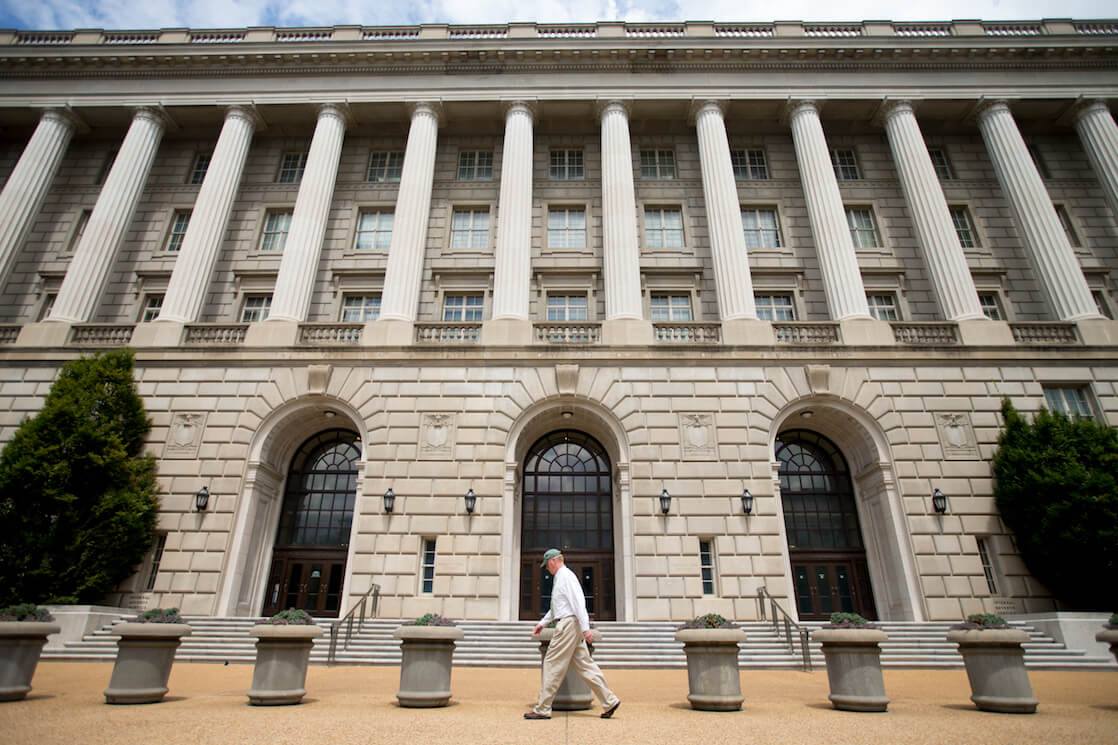Greater IRS funding can help ensure the wealthy pay the taxes they owe
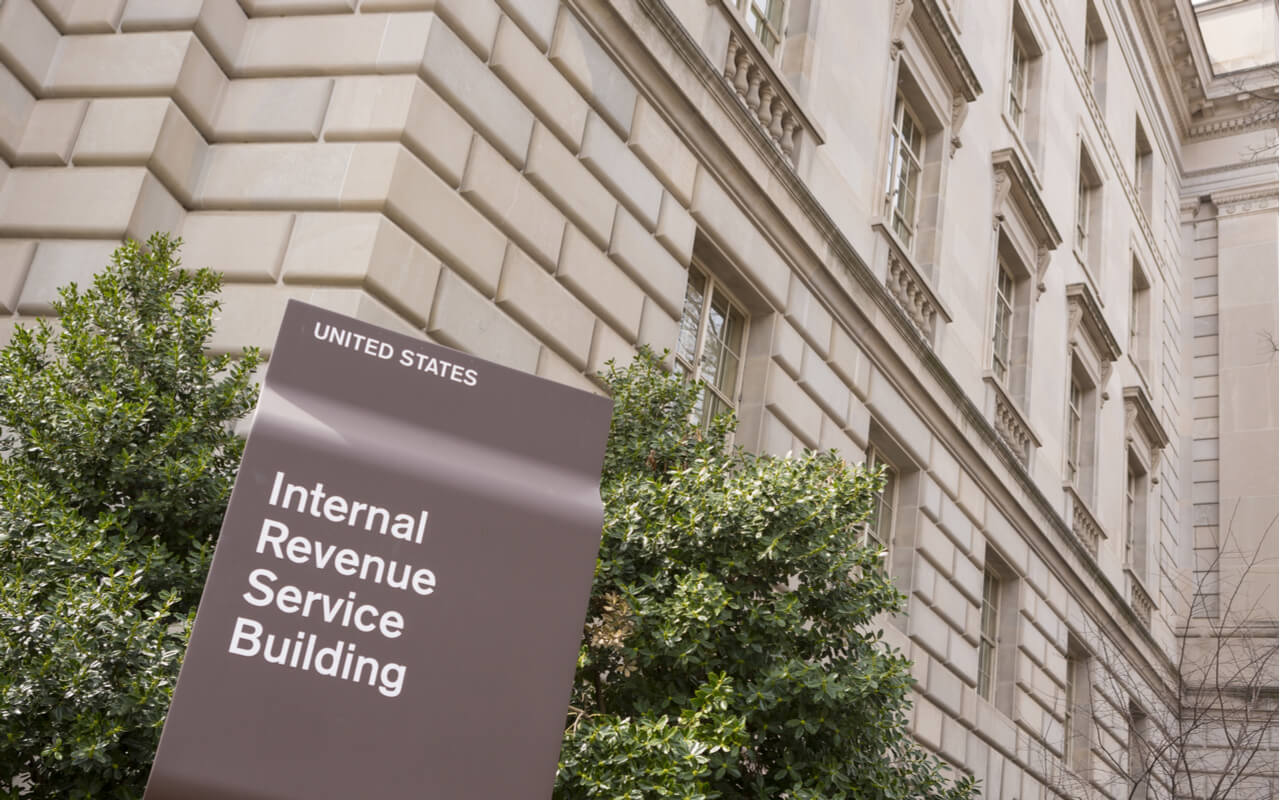
Filling out federal income tax returns each year is something of an act of faith for U.S. taxpayers. Regardless of how anyone feels about the appropriate level of taxation, most of us are meeting our obligations and believe it’s the right thing to do. We are counting on others to do the same, and we expect the Internal Revenue Service to find those who do not and force them to pay up.
Of course, not everybody does. In fact, the most recent comprehensive estimate by the IRS, based on tax years 2008–2010, was that, after collection efforts, 16 percent of all federal taxes owed by individuals, estates, corporations, and other entities went uncollected, amounting at that time to some $400 billion. If the tax gap remained the same, as a share of the economy, it would have been $560 billion in 2018.
Who accounts for most of the tax gap? And what is the IRS doing about it? The answer to the former is that the majority of underreported income and underpaid taxes—more than 60 percent—occurs among the top decile of taxpayers. This is not necessarily due to deliberate noncompliance. Taxation of the various sources of income for wealthy taxpayers frequently can be complicated. But some of those income sources also make deliberate evasion easier. Regardless, it is the job of the IRS to seek compliance whether taxes are underpaid deliberately or accidentally.
That said, the answer to the second question—what the IRS is doing about underpayment—is less and less. The IRS has never been the federal government’s most popular agency, despite its role in making possible other, more popular government programs, from Medicare to national defense. And since 2010, congressional majorities, particularly in the House of Representatives, who have supported deep tax cuts have also systematically and increasingly exploited that unpopularity to underfund the IRS, with the number of agents declining by approximately one-third over that time period. At the same time, Congress has pressured the agency to devote greater attention and resources to some of the nation’s lowest-income working families—those who claim the Earned Income Tax Credit.
The inevitable result of this one-two punch is that the rate of taxpayers who are audited, as well as other critical enforcement activities, are way down. Revenues from audits are down by some $10 billion from 2010. Those who don’t pay their taxes, whether mistakenly or by deliberate cheating, have been able to rest easier. That is especially true of the wealthy. For households with incomes higher than $1 million, the audit rate has declined by 40 percent since 2010.
Benefiting even more, however, are the ultra-wealthy. Building enforcement cases against these taxpayers—and taking on their armies of attorneys and accountants—can be a complex, resource-consuming endeavor, requiring substantial numbers of IRS agents spanning not only the nation but sometimes the world, given the ability of such taxpayers to hide wealth overseas. But a difficult task becomes impossible if money and people are simply not dedicated to this task.
As audit rates at the top have plummeted, audit rates for the working poor also have also fallen, albeit more modestly. The Earned Income Tax Credit is the primary reason for significant numbers of audits for these taxpayers. The EITC is a tax credit with substantial bipartisan support because it goes only to working families, and primarily to those with children.
The EITC is an enormously beneficial tool that has helped pull millions of children and their families out of poverty. But the rules for claiming it are extraordinarily complex, so taxpayers often do not understand how it works, and some claim it mistakenly. While some policymakers are happy to reduce the resources needed to track down the enormous sums that some wealthy taxpayers do not pay, they are most unhappy when low-income taxpayers are mistakenly granted a tax credit.
Consequently, Congress has pressed the IRS to devote substantial resources to ensuring that no poor taxpayer benefits mistakenly from the EITC. On average, higher-income taxpayers are audited more than lower-income taxpayers. But this is not the case for EITC recipients. In 2017, EITC recipients were audited at twice the rate of those earning between $200,000 and $500,000. Many have their refunds withheld, and for some, it can be months or even a year before they receive them.
ProPublica has created a useful interactive graphic, based on data from a study published in Tax Notes, that shows how badly skewed IRS enforcement activities have become. It shows county-by-county how likely it is for a resident to be audited. And it turns out that the highest rates of audits are in some of the nation’s poorest areas. Indeed, ProPublica states that not only are the five counties with the highest audit rates Southern, rural, poor, and predominately African American, but also that the rate is very high in some largely Hispanic counties in Texas, counties with Native American reservations, and poor, rural, mostly white counties. These disparities largely reflect the IRS’s high rates of EITC audits.
Regardless of who is helped by weak enforcement, we know who is hurt: honest taxpayers, who pay what’s due and are saddled in the long run with higher taxes, the future burden of higher budget deficits, or inadequate spending on needed programs.
Perhaps more importantly, trust in government, already low, is further eroded. And there is considerable concern that if taxpayers decide that their chances of getting caught are narrowing, the incentive to cheat could rise.
There actually is some bipartisan understanding that dramatic cuts in IRS funding have caused significant damage. The Trump administration supports, as do many members of Congress on both sides of the aisle, exempting IRS enforcement funds from budget caps because spending more will result in additional revenues far exceeding the cost. Yet it remains to be seen what Congress and the administration will ultimately do when the annual confrontation over appropriations takes place later this year.
The reduction in IRS enforcement resources in recent years—and the consequent sharp decline in audit rates for high-income taxpayers—is one more way misplaced policy priorities exacerbate economic inequality—in this case, by failing to ensure that all the most fortunate taxpayers pay what they owe. This decline in enforcement comes on top of legislated reductions in the tax high-income taxpayers owe—most notably, the Tax Cuts and Jobs Act of 2017, which provided far larger tax cuts for the most-fortunate Americans. An increase in enforcement funding to at least the 2010 level would help ensure that these taxpayers pay what they owe.


